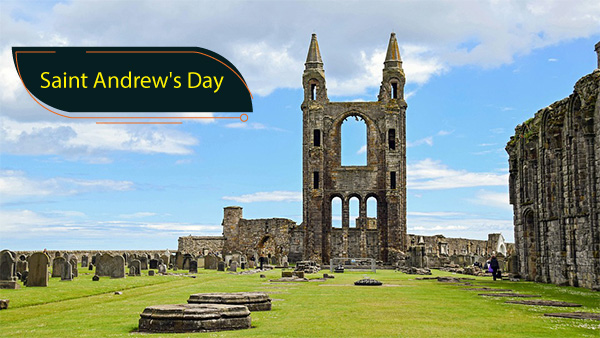Just In
- 3 hrs ago

- 4 hrs ago

- 7 hrs ago

- 7 hrs ago

Don't Miss
- Movies
 Zwigato OTT Release Date & Platform: When & Where To Watch Kapil Sharma’s Film Online? Check UPDATE
Zwigato OTT Release Date & Platform: When & Where To Watch Kapil Sharma’s Film Online? Check UPDATE - News
 Diamonds Worth ₹6.46 Crore Found Hidden In Noodles At Mumbai Airport, Passenger Arrested
Diamonds Worth ₹6.46 Crore Found Hidden In Noodles At Mumbai Airport, Passenger Arrested - Education
 WB Madhyamik Result 2024, WBBSE 10th Marksheet on wbresults.nic.in
WB Madhyamik Result 2024, WBBSE 10th Marksheet on wbresults.nic.in - Finance
 Sakuma Exports Secures Rs. 150 Cr Deal; Okays Rights Issue Amidst Positive Outlook
Sakuma Exports Secures Rs. 150 Cr Deal; Okays Rights Issue Amidst Positive Outlook - Technology
 Google Podcasts to Shut Down Globally in June 2024: Here's How to Transfer Your Podcasts to YouTube Music
Google Podcasts to Shut Down Globally in June 2024: Here's How to Transfer Your Podcasts to YouTube Music - Sports
 Legends Cricket League: Manager charged with Match Fixing Allegations after International Stars launch complaint
Legends Cricket League: Manager charged with Match Fixing Allegations after International Stars launch complaint - Automobiles
 Log9 Unveils Amphion & Nexmile – Revolutionizing EV Asset Management
Log9 Unveils Amphion & Nexmile – Revolutionizing EV Asset Management - Travel
Kurnool's Hidden Gems: A Guide To Exploring India's Lesser-Known Treasures
Saint Andrew's Day 2021: Date, History, Significance And Celebration
Saint Andrew's Day marks the devotion of Saint Andrew Christmas Novena and is the official day of Scotland. St Andrew was the patron saint of the country as well as of Greece, Romania, Russia, Ukraine and Poland. Historians say that Patron Saints are chosen as special protectors and guardian angels of things. Apart from this, several other countries have their patron saint who has a dedicated day to themselves.

Saint Andrew's Day 2021: Date
Saint Andrew's Day is celebrated on 30 November. This day is also known as the Feast of Saint Andrew or Andermas. It is an official national day in Scotland, and since 2015 it has been a national holiday in Romania. In the years 5 AD to 10 AD, Saint Andrew was born in a place near Israel. People from the Christian community believe that he was one of the 12 disciples chosen by Jesus. Also, Simon Peter, Saint Andrew's brother was also the disciple of Jesus and they lived in Galilee. Both brothers were said to be fishermen.
Saint Andrew's Day 2021: History
It is said that back in the 9th Century, King Angus of Scotland was preparing for a battle against the British. During that time, St Andrew appeared in the King's dream and promised that he will emerge victorious in the battle. An X symbol appeared in the sky on the day of the battle, which was the symbol of the saint. King Angus promised that if he won St Andrew will be made the patron saint of Scotland and kept his promise of winning the battle. As we all know the Scottish Flag has an X-shaped cross on it, which is Saint Andrew's symbol.
Another belief is that Saint Andre's day began from the reign of Malcolm III. A ritual 'slaughter of animals' used to take place that was associated with Samhain. It was done to ensure that enough animals were kept alive in winter.
Saint Andrew's Day 2021: Significance And Celebration
Some towns in the country go for week-long celebrations. This day is about celebrating Scottish culture and a feast is organised along with music and dance to capture the spirit of the festival. However, due to the COVID-19 pandemic, people have resorted to small, intimate or virtual parties.
In Germany, the feast day is celebrated as Andreasnacht, in Poland as Andrzejki, in Austria with the custom of Andreasgebet, and in Russia as Andrew's night.
Traditional dishes like haggis, cullen skink, lamb shank, neeps, and tatties are prepared on this day. On this day, people wear 'kilt', a knee-length men's dress skirt, which originated from Gaelic men. Also, this marks the beginning of winter festivals in various parts of the country.


 Click it and Unblock the Notifications
Click it and Unblock the Notifications



